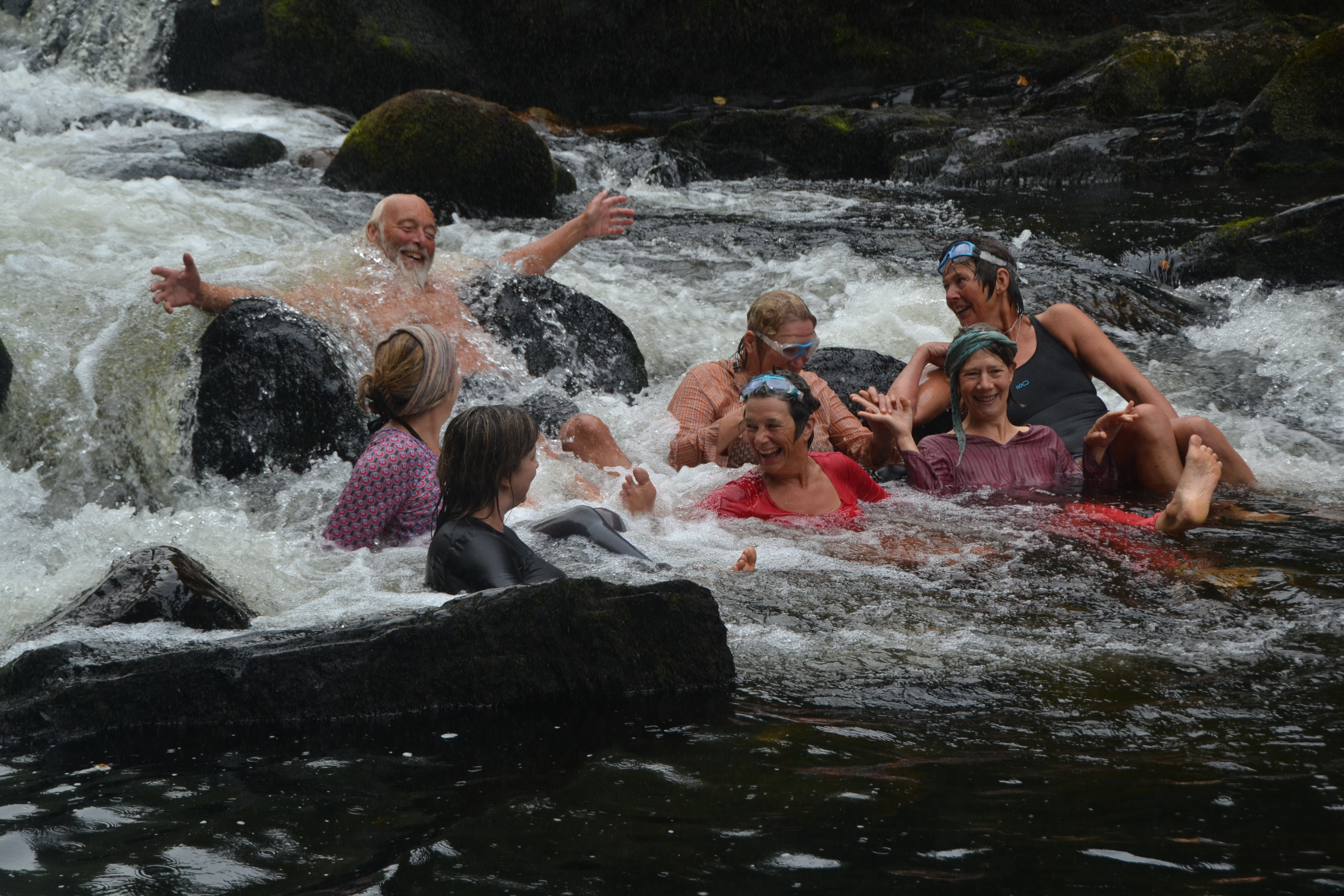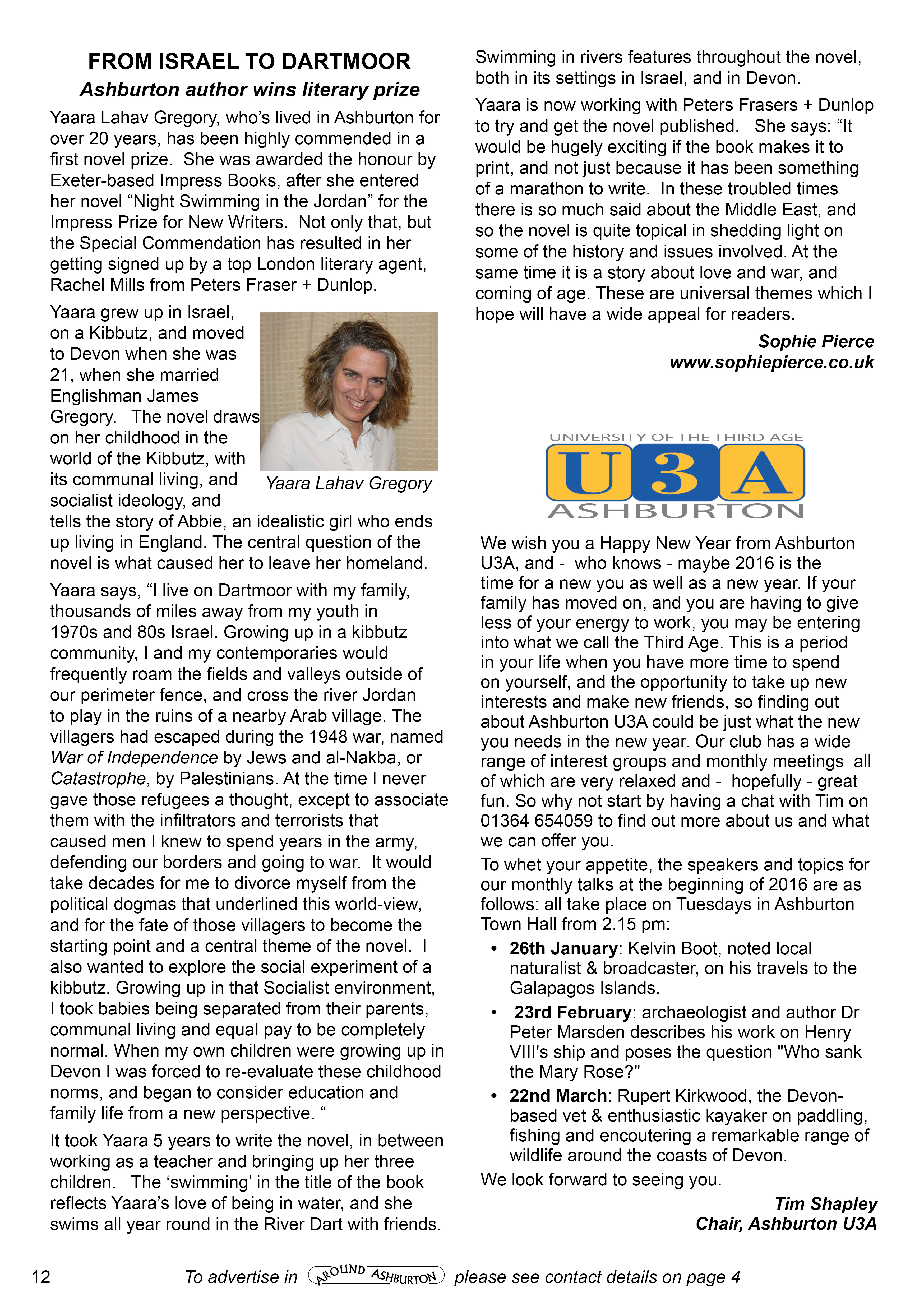Well the fear campaign on the London Underground has been ramped up. I was visiting again a few weeks ago and the poster from my last blog, the one that instructs folks to be wary and suspicious of their fellow passengers, has grown to about three times the size and was displayed prominently in stations. Meanwhile, I came across a Swiss advert (shown) offering reward to those willing to report neighbours whom they suspect are using too much electricity. How to explain this kind of divisive messaging that turns us away from each other and towards paternalistic authority?

PLEASE LET US KNOW [tel.]
ANONYMOUS – 200 FRANKEN REWARD”
In his brilliant new book, The Psychology of Totalitarianism, Mattias Desmet explains the phenomenon of mass formation both historically and currently within the context of a global pandemic. Masses are disciplined and, like well-trained soldiers, work and think in lockstep. They are propelled by slogans such as “All for one and one for all” or, more recently, “We’re all in this together”. This creates an illusion of unity and community. But in reality, Desmet writes, individuals within the mass become more connected to authority than to each other, which, if allowed to continue finally gives rise to totalitarianism.
The Underground campaign and Swiss advert are small examples of how this dangerous process, described by Desmet, leads us to become both disconnected from our own intuition and fearful of one another. Once this happens we increasingly put our faith in authority rather than in ourselves, our neighbours and our community.
How to reverse the trend? How to resist the constant bombardment of fear and suspicion? According to Desmet, we must reconnect with our own humanity, and this includes re-learning to live with uncertainty. Risk, whether from strangers on the underground, a neighbour over-using scarce resources, a virus or anything else cannot be avoided altogether. And by stubbornly trying to control and eliminate risk we become more anxious and more socially isolated. Uncertainty, Desmet writes, is inherent in the human condition, and is necessary for individuality, creativity and connectedness. Think on that.


 event on the Devon Wild Swimming group page, but the post must have upset someone as it was taken down twice and I was ejected from the group. It seems I came up against two issues – one is an objection to any kind of even modestly political talk within the forum.
event on the Devon Wild Swimming group page, but the post must have upset someone as it was taken down twice and I was ejected from the group. It seems I came up against two issues – one is an objection to any kind of even modestly political talk within the forum. 







